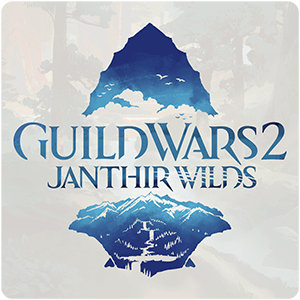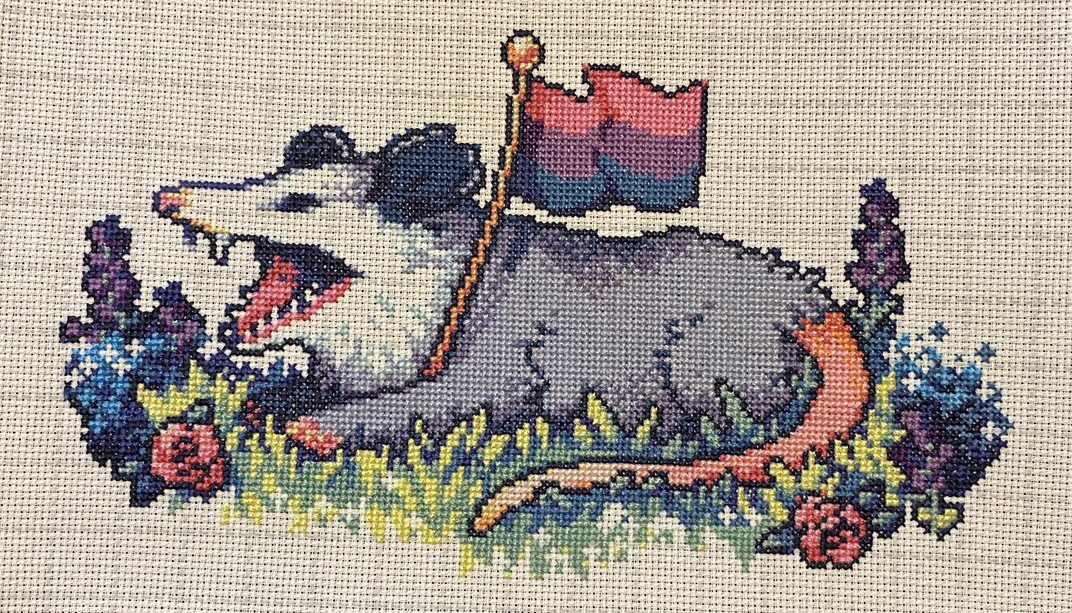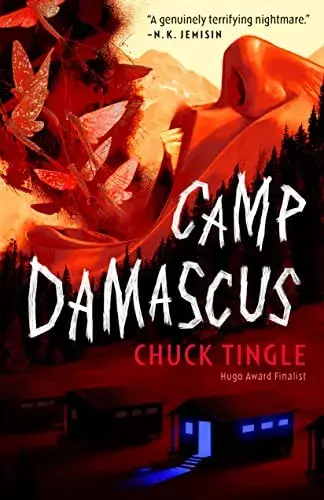I don’t have one particular favorite, but up there is Akwaeke Emezi, who wrote Freshwater and The Death of Vivek Oji (among many, many others). Something about their writing style just sings to my soul.
Kamirose
BookWyrm: @Kamirose@bookwyrm.social Mastodon: @Kamirose@dftba.club
Avatar by @heyheymomo@socel.net
- 25 Posts
- 138 Comments

 1·11 months ago
1·11 months agodeleted by creator
I loved I’m Glad My Mom Died! It was my favorite memoir of 2022 for sure.
Yeah of course the comment on who likes/dislikes it isn’t universal, it’s just something I heard mentioned at some point.
I’m someone who can struggle with minutae like what I mentioned in the spoiler section, so that’s probably a big part of why I disliked it. Like I said, I do understand why so many people like it - Gabrielle Zevin has great prose and the overall character development is interesting and compelling. I just struggled with some parts.
I’m glad you liked it!
I recently finished Tomorrow, and Tomorrow, and Tomorrow by Gabrielle Zevin, and while I can see why other people enjoyed it, it was not for me.
Tomorrow, and Tomorrow, and Tomorrow spoilers
I’ve heard that the people who love this book tend to not play many video games, and those who dislike it do, and that holds true for me. While the characters are interesting at times and their development was done pretty well, I just could not get over how the video game design itself was described. Like, take Ichigo for example. It was the first game they developed together and described in the most detail. They talk about the art design, and the story, and the gender of the protagonist, but never once do they say what genre it is. Is it a platformer? Action? RPG? The genre of a game is the most important aspect of it, because all gameplay and mechanics play off of it in order to tell the story.
Not to mention the fact that some of the games did things that are really just not possible in gaming storylines, like that Pioneers chapter towards the end of the book. You can do that sort of thing in a text-based roleplay forum, but not in an MMORPG as described in the book.
Also, while I was very young when some of these games were developed and wasn’t in tune with technology then, some of the descriptions of it struck me as odd. Several times there were references to “burning out” several graphics cards and processors in a short amount of time trying to create certain visual effects in a game engine, for an indie PC game designed in 1997. Maybe computer components were just more delicate back then but… that just feels weird.
Finally, Sadie’s vendetta against Sam really bothered me. Not that she found some things that Sam did a betrayal or wrong - I might as well if it were me! What bugged me the most was that she forgave Dov, her abusive ex, much more readily than Sam, her well-intentioned (if misguided at times) friend. And what she was initially upset about was Sam wanting her to speak to Dov! I just don’t understand that, and it wasn’t well justified to me at all.
Also, the shooting was unnecessary and only served as “haha gamers are violent” to me.
I’ll list two, nonfiction and fiction.
For nonfiction, I’d have to say How to Say Babylon by Safiya Sinclair. It’s a memoir of a woman who grew up in a strict Rastafari household in Jamaica. Safiya is a poet and she has a beautiful command of language that makes her descriptions lyrical, haunting, or painful as needs be. However, if you generally need content warnings I would highly recommend looking them up for this book because she does not pull any punches.
For fiction, my favorite would probably be Emily Wilde’s Encyclopaedia of Faeries by Heather Fawcett (Storygraph went down in the middle of me writing this lol, will edit the link in later). It’s a lovely fantasy novel set in an alternate Earth where fae are real. You follow a Dryadologist as she works on documenting a rare type of fae while she works on her encyclopaedia of faeries (hence the title lol). I enjoyed being in Emily’s head as she worked through the problems presented to her, and as she interacted with her colleague.

 2·11 months ago
2·11 months agoJust finished Aurora, gonna work on Vision and then Conflux. After that I will have all legendary runes, sigils, armor, and trinkets for my main. Still deciding if I’ll do legendary weapons for my main after that or if I’ll do other legendary armor weights.
That portion is anecdotal. These stories come from either before there were ethics guidelines in psychology so people were studying their own children, or reviews of child abuse cases where the parent was forcing a different identity on their children. This is not something that is possible to (ethically) run an empirical study on, unfortunately.
I was actually repeating what was said in a video I watched yesterday so I went to look at their sources - here is a relevant study that supports this conclusion - https://www.sciencedirect.com/science/article/abs/pii/S1743609515339060
However while looking it up in google scholar I did find another study that concluded the opposite, that there’s no significant difference between identical and fraternal twins. That study is here. https://www.nature.com/articles/s41598-022-17749-0
So it’s possible that I was misinformed.
As a bonus, here’s an interesting analysis about what even is gender and gender identity in an academic setting. https://academic.oup.com/analysis/advance-article/doi/10.1093/analys/anad027/7204699
Gender expression and gender stereotypes are societal constructs. A person’s sense of their own gender is (probably) not. There have been many times where people have tried to raise their child as a different gender than the child was assigned at birth, and the child 99% of the time identifies with the gender assigned at birth, at the same rate as the general cisgender population. There have also been studies of identical twins where if one twin is trans, the other twin often is as well, at a much higher rate than fraternal twins.
There is a genetic component and a constructed component to gender.
Edit: wording.
Edit 2: See my comment below with sources on the twins study - it’s possible I was misinformed on this. The results of studies are mixed.
I have been reading the Wheel of Time series for the first time (by Robert Jordan). Currently starting Crown of Swords, book 7.
Recently placed a request in my library for the following, hopefully they’ll be coming in within the next week:
-
How Far the Light Reaches: A Life in Ten Sea Creatures by Sabrina Imbler
-
Yellowface by R.F. Kuang
-
If you’re into gw2 specifically, there seem to be 3 communities (two active and one basically dead I think) in the fediverse -
Are they buffing base skyscale movement speed? Because that’s the use case for the raptor, it’s faster than skyscale over flat surfaces.
Only use my springer gets nowadays is when a boss has a CC bar to break at the start of a fight, eg matriarch.
Yeah, as someone with ADHD I find the idea that gamification is inherently exploitative to be outright offensive. It’s an absolutely necessary accessibility tool for many people with executive function issues. Hell I need gamification to remember to brush my damn teeth every day.
Sure some corpos can take it too far, but this article is way off the mark.
This is probably better suited to a kbin magazine than a lemmy community 😉
Thank you! I hadn’t thought about the casing with hashtags, I’ll be sure to be mindful of that from now on.
Thank you!
If you’re transcribing text, transcribe all of the text, including repeated names.













Some northeastern US accents do something similar. Not sure the exact term for it but it is a linguistic thing. Words that end in A get turned into an R sound, like Emma sounding like Emmer.